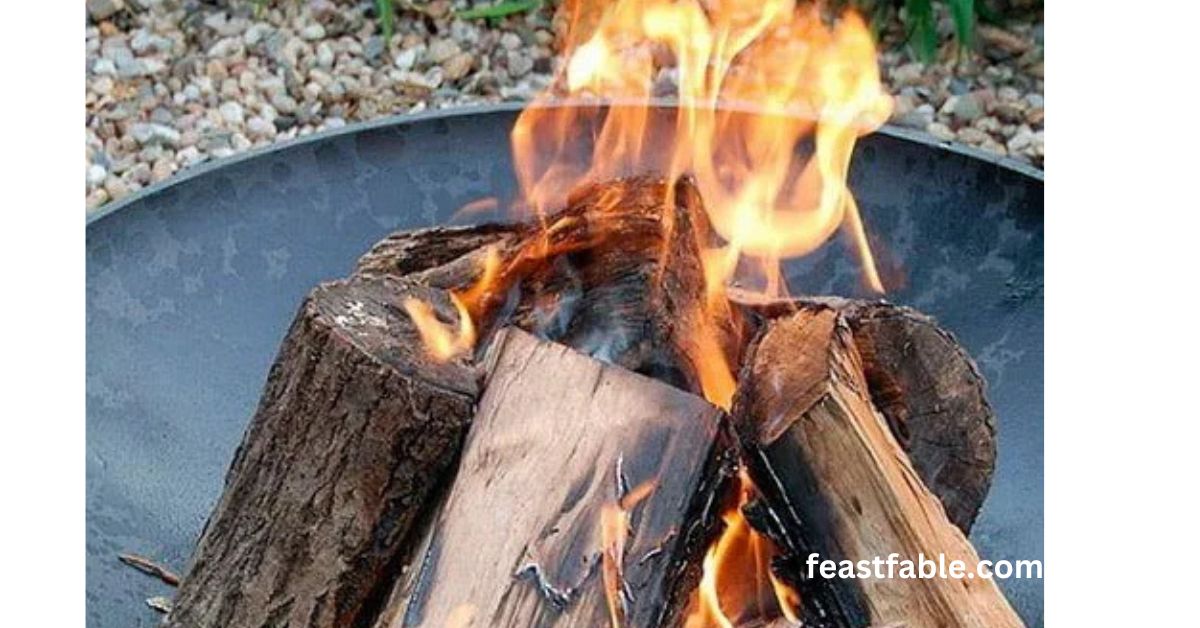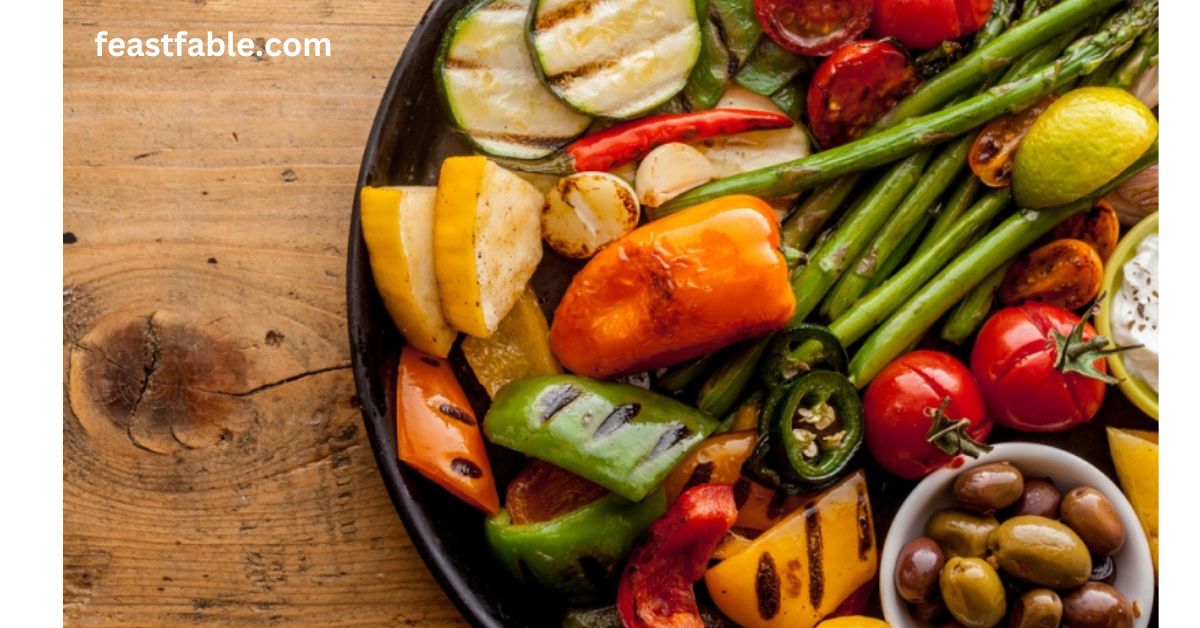Barbecue (BBQ) is a global culinary tradition that unites people over smoky, flavorful, and often mouthwatering dishes. While the basic concept of BBQ—grilling meat over an open flame—remains constant, each country and region brings its own twist to the preparation, ingredients, and flavors.
From the smoky depths of American BBQ to the spicy, aromatic chargrilled meats of Southeast Asia, BBQ recipes worldwide share a few key ingredients that are essential to making them both delicious and memorable.
In this article, we will explore the core ingredients that define the most popular BBQ dishes worldwide and answer some frequently asked questions (FAQs) to deepen your understanding of this global cooking phenomenon.
Key Ingredients in BBQ Recipes Worldwide
Meat: The Foundation of BBQ
The meat used in BBQ varies greatly depending on regional preferences, but it always takes center stage in any BBQ feast. The type of meat, cuts, and preparation methods make BBQ dishes unique.
Beef:
Beef is a star in BBQ traditions, especially in countries like the United States, Argentina, and Australia. Popular cuts include ribs, brisket, steaks, and sausages.
In the U.S., Texas BBQ is especially famous for its slow-smoked brisket, while Argentina’s aside features large cuts of beef grilled over an open flame.
Pork:
Pork is a favorite in BBQ styles from the Southern U.S. (pulled pork), to Spain (chorizo), and the Philippines (lechon). It’s often slow-cooked or marinated to create tender, juicy results.
Chicken:

Chicken is versatile and widely grilled around the world. Whether it’s smoky barbecued chicken in the U.S., grilled chicken wings in Korea, or Peruvian-style rotisserie chicken, this protein is a staple.
Lamb:
Lamb is common in Middle Eastern, Mediterranean, and Australian BBQs. It’s often cooked on skewers, roasted whole, or grilled as chops.
Spices and Marinades: Flavor Profiles
A key ingredient in BBQ is the spice mix or marinade that adds depth and character to the meat. Each region has its own signature blends, creating distinctive flavor profiles.
Dry Rubs:
Dry rubs are essential in American BBQ, especially in the Southern U.S. and Texas. A typical dry rub might include a mixture of paprika, brown sugar, salt, pepper, garlic powder, onion powder, and cayenne.
These dry rubs form a flavorful crust when the meat is grilled or smoked.
Marinades:
In many BBQ cultures, marinades are used to tenderize and infuse the meat with flavor. For example, in Korean BBQ, a marinade made from soy sauce, sesame oil, garlic, sugar, and ginger imparts a sweet-savory flavor to the meat.
Jerk Spices:
In Caribbean BBQ, particularly in Jamaica, jerk seasoning is a crucial element. A fiery blend of Scotch bonnet peppers, thyme, allspice, cinnamon, and garlic creates a spicy, aromatic rub or marinade for meats like chicken and pork.
Wood and Charcoal: Smoke and Flavor
The type of fuel used to cook BBQ greatly influences its flavor. Different types of wood and charcoal infuse the meat with various smoky aromas, which are characteristic of different BBQ traditions.
Hickory:
Popular in the U.S., particularly in the South, hickory imparts a strong, hearty smoke flavor, which works particularly well with pork and beef.
Mesquite:
Common in Southwestern BBQ, mesquite wood burns hot and fast, delivering a strong, intense smoke flavor, perfect for beef and chicken.
Fruitwoods:

Woods like apple and cherry are milder, making them ideal for smoking pork, poultry, or even fish. These woods create a sweet, fragrant smoke that adds a delicate touch to the BBQ.
Acidity: Balancing Richness
Acidic ingredients help balance the richness of the meat, cutting through the fattiness and enhancing the overall flavor of BBQ dishes.
Vinegar:
Vinegar is a key ingredient in BBQ sauces in the Carolinas, where vinegar-based sauces are used to marinate or baste meats like pulled pork. The tangy kick from vinegar enhances the smokiness of the meat.
Citrus:
Citrus fruits like lime and lemon are widely used in Latin American BBQs, especially in marinades and salsas. Their acidity helps tenderize meat while adding a bright, fresh flavor.
Tomatoes:
In the U.S., BBQ sauce often features a tomato base, which provides both sweetness and acidity. Tomato-based sauces are popular in Kansas City BBQ and are a defining characteristic of the region.
Sides and Accompaniments: The Perfect Pairings
No BBQ is complete without its sides. The accompanying dishes often complement the main meat, adding texture and additional flavors.
Coleslaw:
A common side in American BBQ, particularly in the South, coleslaw is a crunchy, tangy salad that contrasts the smoky richness of the meat.
Cornbread:
In Southern BBQ, cornbread is a beloved side dish. Its slightly sweet flavor and crumbly texture balance out the spicy or savory elements of BBQ.
Grilled Vegetables:

Grilled veggies like peppers, onions, and zucchini are common in Mediterranean and Latin American BBQs. In Argentina’s asados, vegetables like tomatoes, onions, and eggplant are often cooked alongside the meat.
Rice and Beans:
In Caribbean BBQs, especially in Jamaica and Cuba, rice and beans are a hearty and flavorful accompaniment, seasoned with herbs and spices to complement grilled meats.
Sauces and Condiments: A Finishing Touch
BBQ sauces and condiments are the final flourish that tie the dish together. Depending on the region, these sauces can range from sweet and tangy to spicy and smoky.
BBQ Sauce:
In the U.S., BBQ sauce is an essential condiment. Different regions have their own styles, such as Kansas City’s sweet, molasses-based sauce or North Carolina’s tangy vinegar-based sauce.
Chimichurri:
In Argentina, chimichurri is a vibrant green sauce made with parsley, garlic, vinegar, olive oil, and spices. It’s often served with grilled meats, adding a zesty freshness to the dish.
Sambal:
A spicy condiment from Southeast Asia, sambal is made from ground chilies, garlic, and other seasonings. It’s frequently served with BBQ meats in countries like Indonesia and Malaysia, offering a fiery kick.
FAQs: Everything You Need to Know About BBQ Ingredients
Q1: What is the best wood for BBQ?
The best wood for BBQ depends on the flavor profile you’re seeking. For a bold, intense smoke, mesquite or hickory is a great choice. For a milder, sweeter smoke, fruitwoods like apple or cherry are ideal.
Different woods work better with different meats—mesquite is great for beef, while fruitwoods are better for pork or chicken.
Q2: What’s the difference between a BBQ rub and a marinade?
A BBQ rub is a dry blend of spices and herbs that is applied to the surface of the meat before cooking. It forms a flavorful crust on the meat.
A marinade, on the other hand, is typically a liquid mixture (often containing oil, vinegar or citrus, and spices) that the meat soaks in to tenderize and flavor it before cooking.
Q3: Can I make BBQ without a grill or smoker?
Yes, BBQ can be made without a traditional grill or smoker. You can use an oven, stovetop, or even a slow cooker. However, the signature smoky flavor may not be as pronounced.
For an authentic BBQ flavor, using a grill with wood chips or a smoker is recommended.
Q4: Why is BBQ so popular worldwide?
BBQ is a versatile cooking method that allows for creativity and adaptation to local flavors. It also encourages communal eating and outdoor cooking, making it a social and celebratory experience. Its ability to turn simple ingredients into flavorful, smoky dishes has made it a beloved tradition in many cultures.
Q5: What are some popular BBQ styles from around the world?
Some of the most popular BBQ styles include:
American BBQ: Known for its slow-smoked meats, dry rubs, and rich BBQ sauces. Common in the South and Texas.
Argentine Asado: A traditional BBQ where beef is cooked over an open flame, often accompanied by chimichurri sauce.
Korean BBQ: Involves grilling meats (often pork or beef) at the table, served with a variety of side dishes and dipping sauces.
Jamaican Jerk BBQ: Known for its spicy, flavorful jerk seasoning made with Scotch bonnet peppers and allspice.
Conclusion
BBQ is more than just a cooking method; it’s a global celebration of flavor, culture, and tradition. While the ingredients and techniques may differ, certain elements—such as high-quality meat, spices, marinades, and smoky flavors—are universal to every great BBQ recipe.
Whether you’re grilling up ribs in the U.S., roasting lamb in Greece, or enjoying a Korean BBQ feast with friends, these key ingredients bring people together, one delicious bite at a time. For more information about Burger visit fesatfable.com

